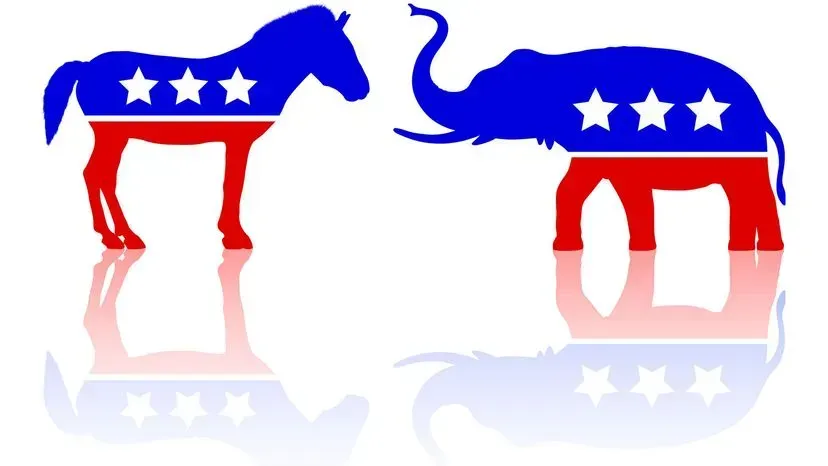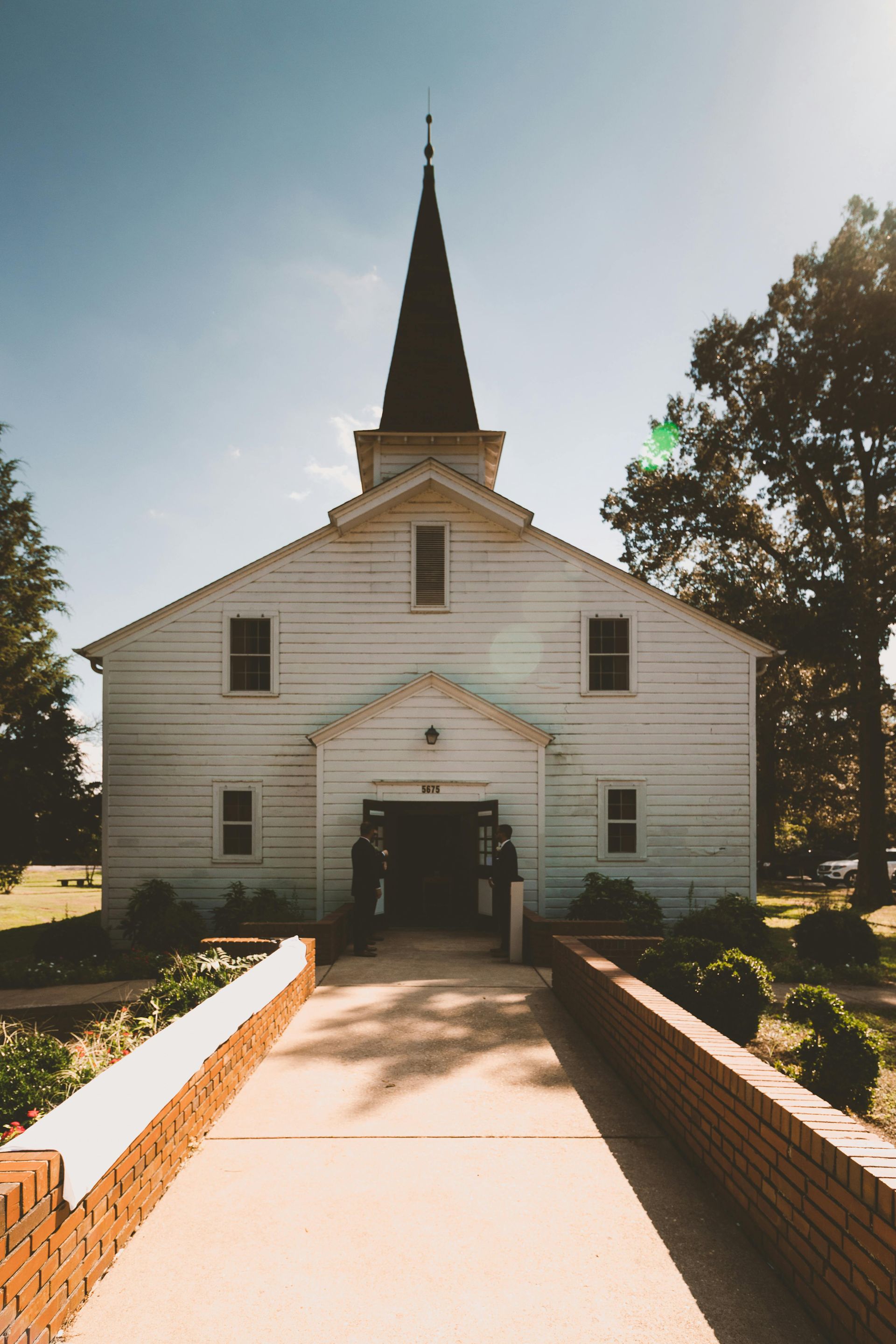S.O.A.L. Position Paper
Political Parties and Partisanship

The Founding Fathers were men of vision, foresight, and students of history. Perhaps nothing demonstrates that better than their reluctance to include political parties in the formation of America. The Founders feared political party allegiance could lead to fighting and ultimately tear the country apart and in many ways it has.
As HISTORY online puts it… “In 1787, when delegates to the Constitutional Convention gathered in Philadelphia to hash out the foundations of their new government, they entirely omitted political parties from the new nation’s founding document.
This was no accident. The framers of the new Constitution desperately wanted to avoid the divisions that had ripped England apart in the bloody civil wars of the 17th century. Many of them saw parties—or “factions,” as they called them—as corrupt relics of the monarchical British system that they wanted to discard in favor of a truly democratic government.”
George Washington’s family left England to escape civil war conflicts over religion & political power, Alexander Hamilton referred to political parties as “the most fatal disease” of popular governments and James Madison wrote that a “well-constructed Union” should be able to “break and control the violence of factions i.e. political parties.”
Thomas Jefferson, assigned as a diplomat to France, missed sharing his thoughts at the Constitutional Convention, but he believed it was a mistake not to provide for different political parties since in his opinion men were “naturally divided into two parties”.
George Washington believed having different points of view would make for better government which is why he chose Jefferson for his Cabinet. With Jefferson as secretary of state and Hamilton as Treasury secretary, competing visions for America developed and just like that, the nation’s first two political parties were born.
Supporters of Hamilton’s vision of a strong central government—many of whom were Northern businessmen, bankers, and merchants who leaned toward England in matters of foreign affairs—would become known as the Federalists.
Jefferson favored limited federal government and keeping power in the state and local hands. His supporters tended to be small farmers, artisans, who traded with and were sympathetic to France. They were the Anti-Federalists.
When Washington stepped aside as president in his 1796 farewell address, he urged Americans to always place the interests of the nation over their political and regional affiliations. He warned of the divisive influence of parties on the workings of democracy saying:
“The common and continual mischiefs of the spirit of party are sufficient to make it the interest and duty of a wise people to discourage and restrain it.”
The two-party system we know today was established with the rise of Andrew Jackson’s Democratic Party in 1828 and locked in with the 1854 founding of the Republican Party.
Now in the 2020’s, the rancor and political divide has expanded to the point that some political pundits are cautioning of the possibility of another civil war. The battle over ideological differences in America’s fiscal, social, political, and cultural issues plays out in the headlines daily.
S.O.A.L.’s mission is not to add fuel to that fire or to create or recruit new members for any particular political party. Instead, S.O.A.L. seeks to provide accurate historical information about the founding of America and how our system is designed to work so that whatever path a student may take they will be armed with the knowledge and the action steps required to help preserve Liberty for the next generation.
John Adams said, “Our constitution was made only for a moral and religious people. It is wholly inadequate to the government of any other. Morality and virtue are the foundation of our republic and necessary for a society to be free."
The John Adams Academy defines virtue as “an inner commitment and voluntary outward obedience to principles of truth and moral law.
Private virtue is the character to govern oneself according to moral law at all times. Public virtue is the character to voluntarily sacrifice or subjugate personal wants for the greater good of other individuals or the community.”
Many of the founders spoke of the importance of moral virtues like charity, justice, courage, temperance, reverence, prudence, and honesty which are necessary for the individual to “act in accordance with wisdom.”
S.O.A.L.’s mission is to help create the next generation of informed and engaged citizens, regardless of any party affiliation, who will act to help preserve Liberty for the next generation.

